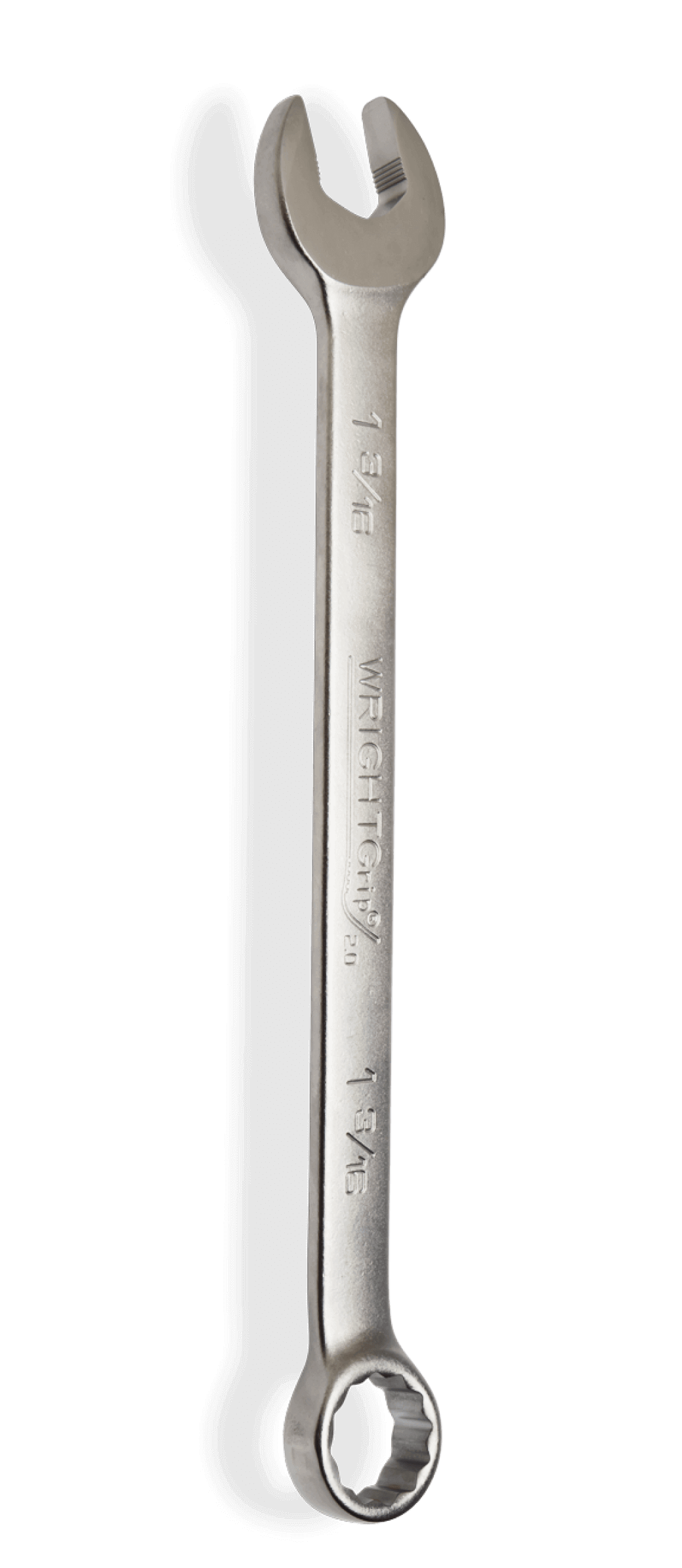June 7, 2022
Small Firms Can Win Big
Business executives often dwell on the advantages of large, publicly held companies. What we often neglect to remember is that smaller, privately held businesses have some significant advantages, too.
Smaller companies must, obviously, differ in organization, operation and culture—which ultimately produces important competitive advantages.
Longer term vision. Because smaller, privately held companies, like Wright, are not tied to quarterly earnings, we can look 5, 10 or even 20 years down the road, and invest in planning for the long haul, for the next 100 years, as well as the short-term wins. We have the opportunity to spend more time reaching decisions and those decisions are ones we must live with for a long time.
We’re not here for shareholder satisfaction, a bank or investors, we’re here for customer satisfaction. In turn, if we do that well, as a company, we will be rewarded.
More continuity with experience. At many large, public companies, top managers are there for two or three, maybe four years, before moving on. If they perform well, they get promoted—and in many companies this means moving to another division or location. Or, if the person is not successful on a short-term basis, then it’s on to another company.
In a smaller company, the opportunities for promotion are not as frequent, so people tend to be more experienced at their jobs. When they do get promoted, they are often responsible for training and supervising their replacement. This is a tremendous advantage because it provides a degree of credibility and support that is not easily obtained.
Executives of a publicly held company may be tempted to “shoot for the moon” in order to win big on stock options. If the large gamble is unsuccessful, the executive simply does not exercise the options and moves on to another company.
Executive management at privately held companies must live with the consequences of their mistakes. When leadership reinforces that they will be around for many years to stand behind their statements and actions, the company’s position is strengthened. We’ve seen that here at Wright. We’ve been in business for 95 years with three generations of owners and only four presidents.
Yet, we find that with some of the companies we compete against, the names are frequently changing as the next “shiny object” appears. The problem is that this practice is not in the best interest of the customer.
Flexibility and adaptability. Positions at all levels in smaller businesses tend to be flexible and often can be tailored to the incumbent’s aptitudes and knowledge. This means that more of a person’s talents can be used—a benefit to the employee and the company. Employees tend to be happier when their abilities are used more effectively. Conversely, if an employee lacks one of the requirements of a position, it is possible to furnish them with an associate who can provide support. Longer job tenure makes this more practical and productive. We’re proud to say that the average tenure at Wright is 17 years!
In small companies there can be more flexibility in satisfying customers’ needs. By empowering our customer-facing employees to make decisions and create a good experience, we have a customer service department that has built personal relationships, some of which have been established for decades.
We can also be very adaptable in our customer response. At Wright, we’ve opened our doors on the weekend for a customer that needed tools for an emergency project. The actual cost of the tools was minor, but the project they were being used for was on a multimillion-dollar jobsite. Would large companies have done that? Not likely. Smaller companies have more freedom to be less rigid.
Speed versus bureaucracy. Smaller companies are faster, nimbler, and able to make decisions quicker than the stereotypical behemoth companies that can get bogged down by bureaucracy.
Speed is particularly important in the construction industry that Wright is part of. Because smaller companies are usually more focused in their offerings compared to a large conglomerate company, smaller companies have a responsibility to be the best, to be a leader. At Wright, we are leaders in sockets, wrenches, ratchets and attachments.
Naturally, certain presumptions regarding smaller companies do not apply to all privately held businesses. But the exceptions do not contravene the basic pattern. And, in the end, long-term thinking beats short-term thinking.





